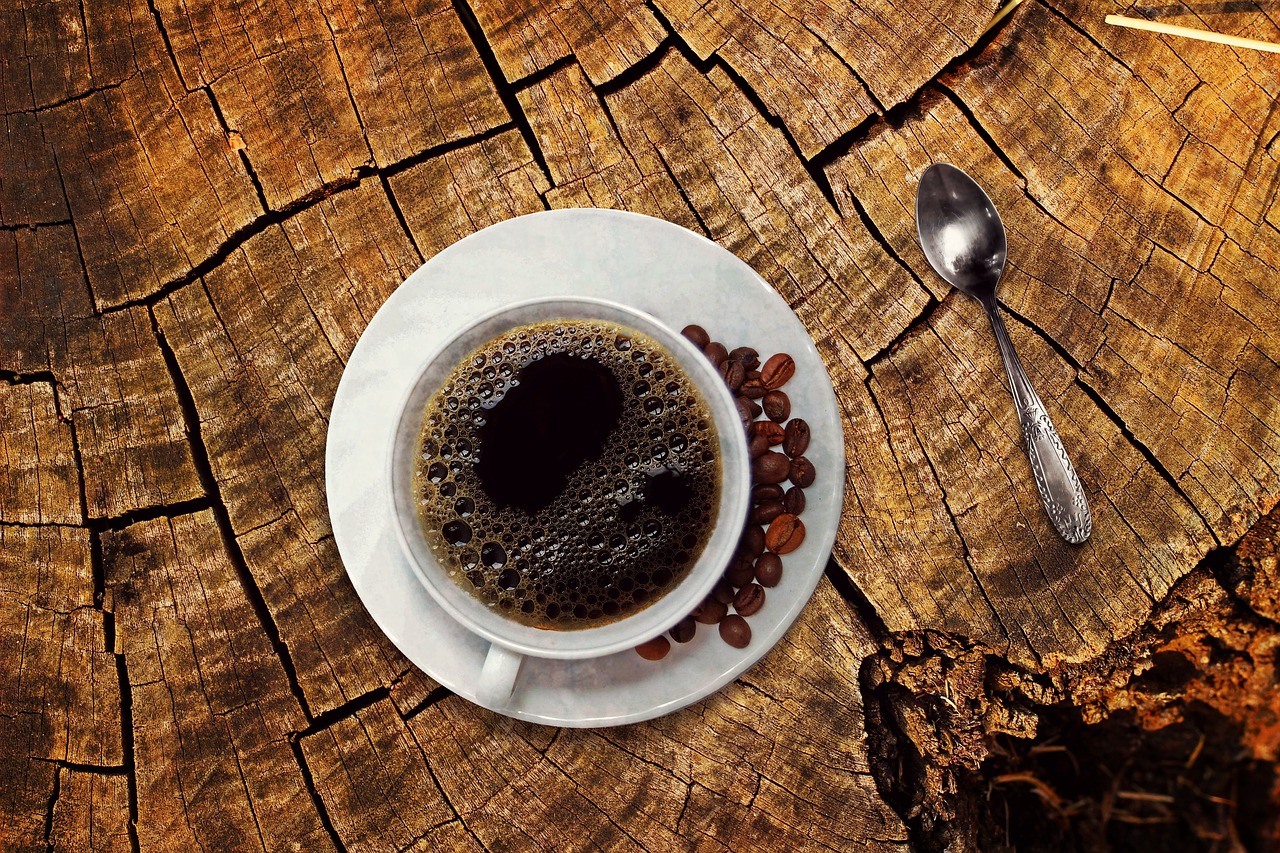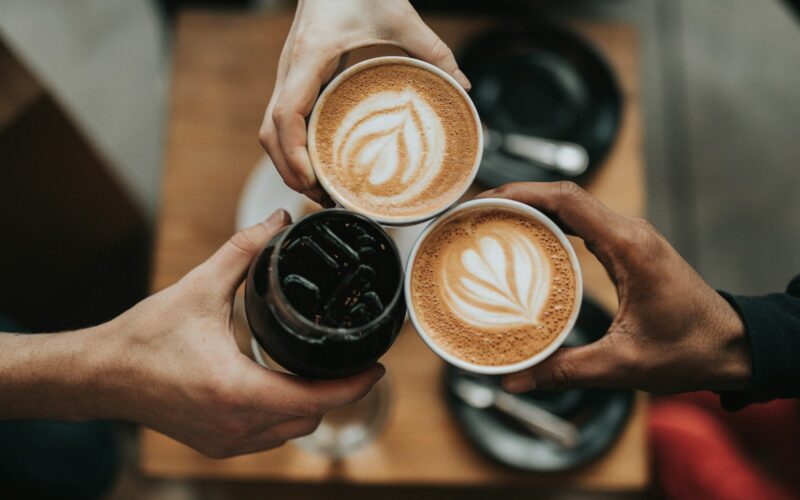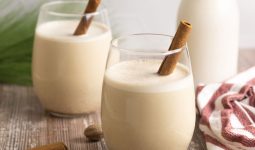Many of us start our day with a steaming cup of coffee, but have you ever wondered what exactly gives you that morning energy boost? While coffee and caffeine are often used interchangeably in conversation, they’re not the same thing.
Coffee is a beverage brewed from roasted coffee beans, while caffeine is just one of many compounds found in those beans.
Caffeine is the same chemical compound whether it comes from coffee beans, tea leaves, or is added to energy drinks, but the overall effect on your body can differ based on the source.
When you drink coffee, you’re getting not just caffeine but also antioxidants, minerals, and other natural compounds that work together in your system.
In contrast, pure caffeine in powder form or pills provides only the stimulant effect without these additional natural components .
The amount of caffeine varies widely between different coffee drinks and other caffeinated beverages.
A standard cup of brewed coffee typically contains more caffeine than a cup of tea or a can of soda.
However, factors like the type of coffee bean, roasting method, and brewing technique can all affect the caffeine content of your morning cup.
What Is Coffee?

Coffee is a popular beverage made from roasted coffee beans, which come from the Coffea plant.
These plants grow in over 70 countries, primarily in regions near the equator with warm climates.
The coffee-making process begins with harvesting coffee cherries, which contain the beans.
After harvesting, the beans are processed, dried, roasted, and finally ground before brewing.
When coffee is brewed, hot water extracts various compounds from the grounds, including caffeine, an organic alkaloid . This creates the dark, flavorful liquid we know as coffee.
Coffee contains hundreds of different chemical compounds that contribute to its flavor profile.
These include:
- Acids (citric, malic, acetic)
- Sugars
- Proteins
- Oils
- Caffeine (a natural stimulant)
The caffeine content in coffee varies based on several factors.
The preparation method significantly affects caffeine levels – the longer coffee grounds stay in contact with water, the more caffeine is extracted.
Coffee is enjoyed in various forms worldwide, including espresso, drip coffee, cold brew, and many specialty drinks like lattes and cappuccinos.
Unlike pure caffeine, coffee is a complex beverage that contains numerous compounds beyond just the stimulant caffeine.
It’s a decoct containing caffeine , not simply caffeine dissolved in water.
What Is Caffeine?

Caffeine is a natural stimulant most commonly found in tea, coffee, and cacao plants.
It works by stimulating the brain and central nervous system, helping you stay alert and preventing the onset of tiredness.
From a chemical standpoint, caffeine is an alkaloid compound. It belongs to a group of compounds called methylxanthines and has the chemical formula C₈H₁₀N₄O₂.
When consumed, caffeine blocks the effects of adenosine, a neurotransmitter that relaxes the brain and makes you feel tired.
This improves concentration and helps against fatigue .
Key Facts About Caffeine:
- It is the same chemical compound regardless of source
- Reaches peak levels in the bloodstream within 30-60 minutes
- Has a half-life of approximately 5-6 hours in most adults
- Affects people differently based on tolerance and metabolism
The caffeine content varies significantly between different beverages and foods.
Factors affecting caffeine levels include:
- Plant variety
- Growing conditions
- Brewing methods
- Serving size
Caffeine is not unique to coffee – it appears naturally in over 60 plant species worldwide, including tea leaves, kola nuts, and cocoa beans.
Key Differences Between Coffee And Caffeine
Coffee is a beverage made from coffee beans, while caffeine is a natural stimulant found in coffee and other plants.
This distinction is important because coffee contains caffeine, but caffeine exists in many other drinks and foods.
The caffeine content in coffee varies widely. Factors like the type of coffee bean and brewing method affect caffeine levels.
Cheaper coffees often contain more caffeine because they use more Robusta beans, which have higher caffeine content than Arabica beans.
Coffee contains numerous compounds beyond caffeine. These include antioxidants, oils, and acids that contribute to coffee’s complex flavor profile and potential health benefits.
Caffeine Sources Comparison:
| Source | Average Caffeine Content | Notes |
|---|---|---|
| Coffee | 95-200 mg per 8 oz cup | Varies by bean type and brewing method |
| Tea | 15-70 mg per 8 oz cup | Depends on type and steeping time |
| Energy Drinks | 50-300 mg per can | Often contains other stimulants |
| Soda | 30-60 mg per 12 oz can | Usually synthetic caffeine |
The body may process caffeine differently depending on its source.
Some people report that coffee affects them differently than other caffeinated drinks, possibly due to coffee’s additional compounds.
Caffeine works primarily as a stimulant that improves concentration , fights fatigue, and increases brain function.
These effects happen regardless of whether the caffeine comes from coffee or another source.
Conclusion
Coffee and caffeine are related but distinct. Coffee is a beverage made from coffee beans that naturally contain caffeine along with many other compounds. Caffeine is a stimulant found in coffee and other plants.
The main difference is that coffee provides a complex mixture of antioxidants, nutrients, and flavors , while caffeine pills deliver just the stimulant in a concentrated form.
Coffee’s caffeine content varies based on preparation method. Espresso contains about 63 milligrams per ounce , while drip coffee has only about 12 milligrams per ounce.
Health considerations:
- Coffee offers potential health benefits from its diverse compounds
- Caffeine pills provide precise dosing
- Both can cause similar side effects when consumed in excess
The body absorbs caffeine similarly whether from coffee or other sources.
Research shows that caffeine absorption is comparable between coffee and energy drinks , regardless of temperature or consumption rate.
Your choice between coffee and caffeine depends on personal preferences.
Coffee enthusiasts may value the ritual and flavor, while others might prefer the convenience of caffeine pills.
Remember that moderation is key with any caffeine source. The recommended daily limit for most healthy adults is 400mg of caffeine, equivalent to about 4 cups of coffee.








